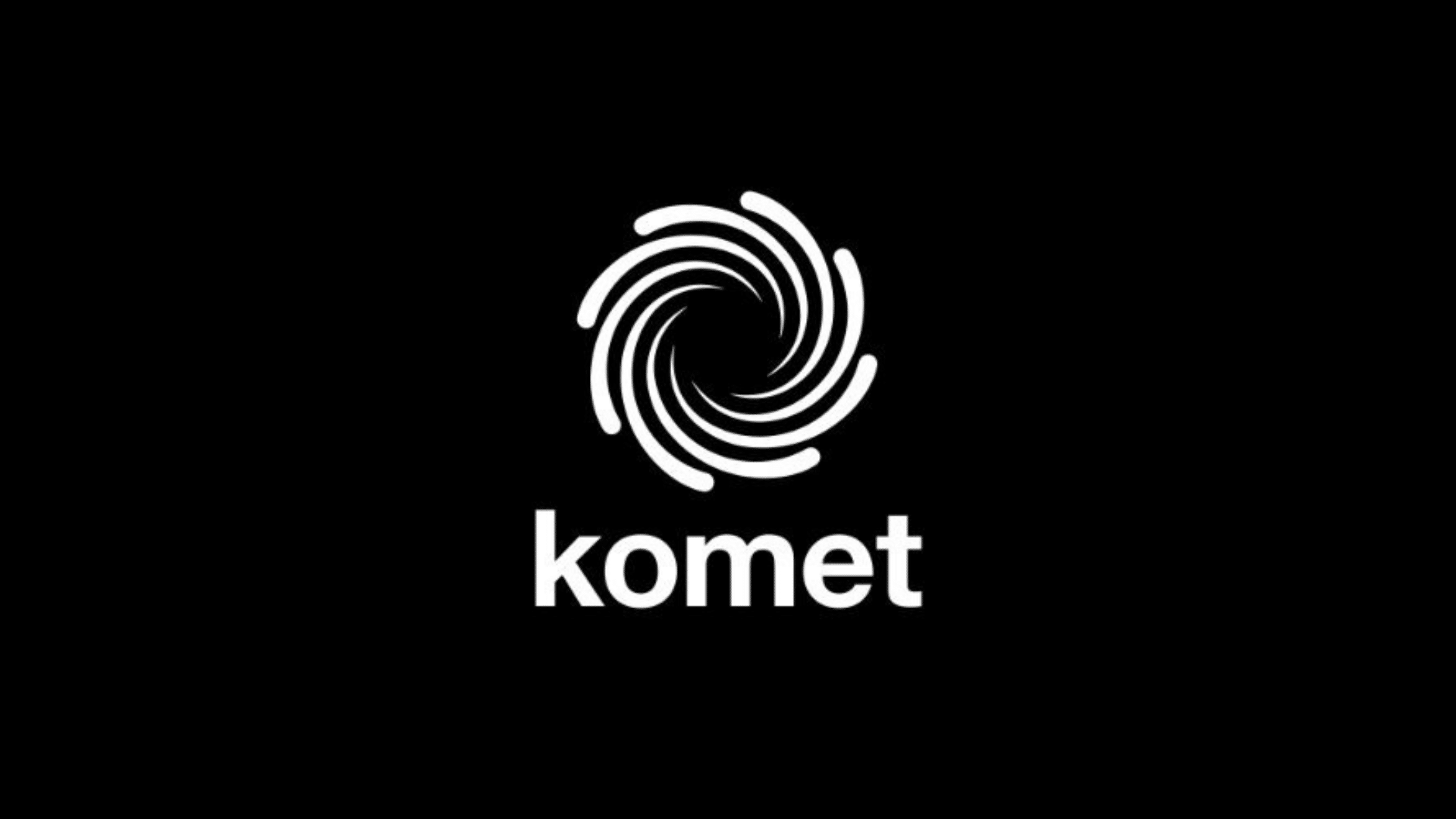PepsiCo and Cargill Collaborate to Empower Farmers by Advancing Sustainable Agriculture – Yahoo Finance

Report on the PepsiCo and Cargill Regenerative Agriculture Initiative in Iowa
Executive Summary
PepsiCo and Cargill have announced a strategic collaboration to advance regenerative agriculture practices across 240,000 acres of Iowa farmland between 2025 and 2030. This initiative focuses on the companies’ shared corn supply chain and is designed to build a more resilient and sustainable food system. Implemented locally by Practical Farmers of Iowa (PFI), the project directly supports several United Nations Sustainable Development Goals (SDGs) by promoting environmental stewardship, economic viability for farmers, and responsible production.
Project Objectives and Scope
The collaboration aims to achieve several key objectives that contribute to a more sustainable agricultural model:
- To transition 240,000 acres of farmland in the Iowa corn supply chain to regenerative agriculture practices by 2030.
- To deepen supply chain resilience for essential ingredients used in PepsiCo and Cargill products.
- To support positive outcomes for farming communities by providing financial and technical assistance.
- To create a scalable model for advancing sustainable agriculture that aligns with global sustainability targets.
Alignment with Sustainable Development Goals (SDGs)
This initiative makes significant contributions to the UN 2030 Agenda for Sustainable Development, with a particular focus on the following goals:
- SDG 2: Zero Hunger: By promoting practices that improve soil health and crop yields, the project supports the target of ending hunger, achieving food security, and promoting sustainable agriculture.
- SDG 8: Decent Work and Economic Growth: The program enhances farmer livelihoods through financial incentives and improved long-term productivity, contributing to sustained and inclusive economic growth for agricultural communities.
- SDG 12: Responsible Consumption and Production: The collaboration is a direct effort to ensure sustainable consumption and production patterns by transforming a major food supply chain from the farm level upwards.
- SDG 13: Climate Action: Regenerative practices such as cover cropping and reduced tillage are designed to reduce greenhouse gas emissions and improve soil carbon sequestration, representing a tangible action to combat climate change.
- SDG 15: Life on Land: The focus on improving soil health directly contributes to protecting and restoring terrestrial ecosystems and halting land degradation.
- SDG 17: Partnerships for the Goals: The project exemplifies a multi-stakeholder partnership, uniting multinational corporations (PepsiCo, Cargill) and a non-profit organization (PFI) to achieve shared sustainability objectives.
Implementation and Farmer Support
Practical Farmers of Iowa (PFI), a non-profit organization, will lead the local implementation of the program. PFI will provide direct support to farmers to ensure a successful transition to regenerative practices. Support for participating farmers includes:
- Technical Guidance: Farmers will receive tailored agronomic advice and recommendations grounded in local conditions to effectively implement new techniques.
- Financial Incentives: Incentive payments will be provided to help reduce the financial risk associated with adopting new regenerative practices.
- Resource Access: Participants will gain access to technical resources and a network of experienced organizations to support their sustainability journey.
- Verification: PFI will manage enrollment and oversee measurement, reporting, and verification to ensure credible, science-based outcomes that align with SDG targets.
Corporate Commitments and Vision
This initiative is a component of larger corporate sustainability strategies that align with global goals. Both companies have established ambitious targets for advancing regenerative agriculture by 2030:
- PepsiCo: A goal to drive the adoption of regenerative, restorative, or protective practices across 10 million acres globally.
- Cargill: A goal to advance regenerative agriculture on 10 million acres of North American farmland.
The partnership reflects a shared vision to create long-term value that strengthens business operations, farming communities, and the environment. By working across the value chain, the companies aim to establish a scalable model for how private sector collaboration can drive meaningful progress toward the Sustainable Development Goals.
Analysis of Sustainable Development Goals in the Article
1. Which SDGs are addressed or connected to the issues highlighted in the article?
-
SDG 2: Zero Hunger
The article focuses on advancing regenerative agriculture to create a “more resilient agricultural system,” improve “crop yields,” and ensure the stability of the “global food system.” This directly supports the goal of ending hunger and promoting sustainable agriculture.
-
SDG 12: Responsible Consumption and Production
The collaboration between PepsiCo and Cargill aims to create a more sustainable supply chain, “from farm to shelf.” By promoting regenerative practices for the ingredients used in their products, the companies are working towards sustainable production patterns.
-
SDG 13: Climate Action
A key objective of the initiative is to achieve “reduced emissions” and increase “resilience to climate impacts.” This directly addresses the need to take urgent action to combat climate change.
-
SDG 15: Life on Land
The initiative’s core is the adoption of “regenerative, restorative, or protective practices” designed to result in “healthier soil.” This aligns with the goal of protecting and restoring terrestrial ecosystems and halting land degradation.
-
SDG 17: Partnerships for the Goals
The article is centered on a “strategic collaboration” between two major corporations (PepsiCo, Cargill) and a non-profit organization (Practical Farmers of Iowa). This multi-stakeholder partnership is a prime example of the collaboration needed to achieve sustainable development.
2. What specific targets under those SDGs can be identified based on the article’s content?
-
Target 2.4: By 2030, ensure sustainable food production systems and implement resilient agricultural practices that increase productivity and production, that help maintain ecosystems, that strengthen capacity for adaptation to climate change, extreme weather, drought, flooding and other disasters and that progressively improve land and soil quality.
- The article describes an initiative to “advance regenerative agriculture practices” which are “designed to improve soil health, increase resilience to climate impacts, and enhance long-term farm productivity.”
-
Target 12.6: Encourage companies, especially large and transnational companies, to adopt sustainable practices and to integrate sustainability information into their reporting cycle.
- The article details how PepsiCo and Cargill are implementing sustainable practices within their shared corn supply chain and have set ambitious public goals, such as advancing regenerative agriculture on “10 million acres” each by 2030.
-
Target 13.1: Strengthen resilience and adaptive capacity to climate-related hazards and natural disasters in all countries.
- The collaboration aims to help farmers implement practices that “increase resilience to climate impacts” and result in “reduced emissions.”
-
Target 15.3: By 2030, combat desertification, restore degraded land and soil, including land affected by desertification, drought and floods, and strive to achieve a land degradation-neutral world.
- The project’s focus on “regenerative, restorative, or protective practices” and achieving “healthier soil” directly contributes to this target.
-
Target 17.17: Encourage and promote effective public, public-private and civil society partnerships, building on the experience and resourcing strategies of partnerships.
- The collaboration between private companies (PepsiCo, Cargill) and a civil society organization (Practical Farmers of Iowa) to provide “technical guidance and financial incentives to farmers” is a clear example of this target in action.
3. Are there any indicators mentioned or implied in the article that can be used to measure progress towards the identified targets?
- Area of land under sustainable practice: The article explicitly states a goal to “expand regenerative agriculture practices across 240,000 acres of Iowa farmland by 2030.” It also mentions larger corporate goals of 10 million acres for both PepsiCo and Cargill. This serves as a direct indicator for Target 2.4.
- Measurement, Reporting, and Verification (MRV) of outcomes: The article states that Practical Farmers of Iowa (PFI) will be “managing enrollment and overseeing measurement, reporting, and verification to ensure credible, science-based outcomes.” This implies that indicators for “reduced emissions” (Target 13.1) and “healthier soil” (Target 15.3) will be tracked and verified, even if specific metrics are not detailed in the text.
- Number and type of partnerships: The existence of the formal “strategic collaboration” between PepsiCo, Cargill, and PFI is itself an indicator of progress towards Target 17.17.
- Financial and technical support: The provision of “incentive payments” and “technical resources” to participating farmers is a measurable form of support that indicates the commitment and scale of the partnership.
4. Table of SDGs, Targets, and Indicators
| SDGs | Targets | Indicators |
|---|---|---|
| SDG 2: Zero Hunger | 2.4: Ensure sustainable food production systems and implement resilient agricultural practices. | Area of farmland converted to regenerative agriculture practices (240,000 acres in Iowa; 10 million acres for each company). |
| SDG 12: Responsible Consumption and Production | 12.6: Encourage companies to adopt sustainable practices. | Adoption of regenerative agriculture within the corporate supply chain (PepsiCo and Cargill’s shared corn supply). |
| SDG 13: Climate Action | 13.1: Strengthen resilience and adaptive capacity to climate-related hazards. | Measurement of “reduced emissions” and increased “resilience to climate impacts” through a formal verification process. |
| SDG 15: Life on Land | 15.3: Combat desertification, restore degraded land and soil. | Implementation of “regenerative, restorative, or protective practices” leading to “healthier soil,” with outcomes measured and verified. |
| SDG 17: Partnerships for the Goals | 17.17: Encourage and promote effective public-private and civil society partnerships. | The formal “strategic collaboration” between PepsiCo, Cargill, and Practical Farmers of Iowa; provision of financial incentives and technical guidance to farmers. |
Source: finance.yahoo.com

What is Your Reaction?
 Like
0
Like
0
 Dislike
0
Dislike
0
 Love
0
Love
0
 Funny
0
Funny
0
 Angry
0
Angry
0
 Sad
0
Sad
0
 Wow
0
Wow
0










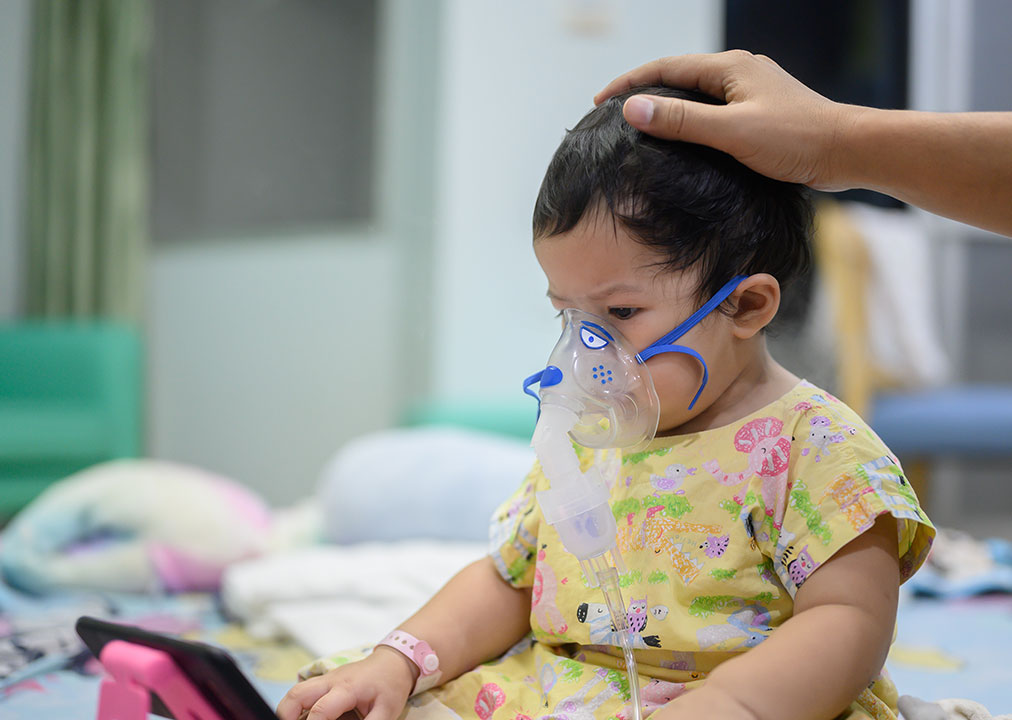
























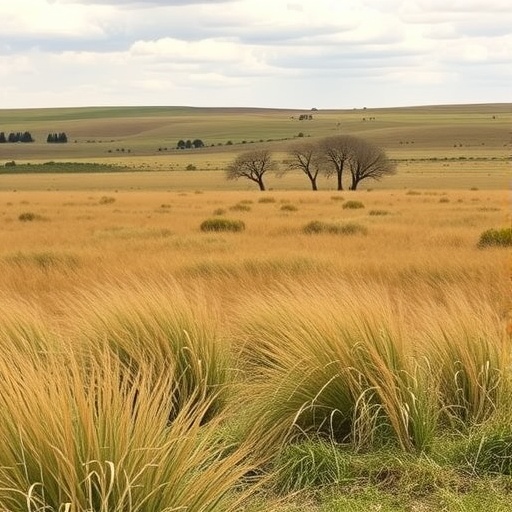




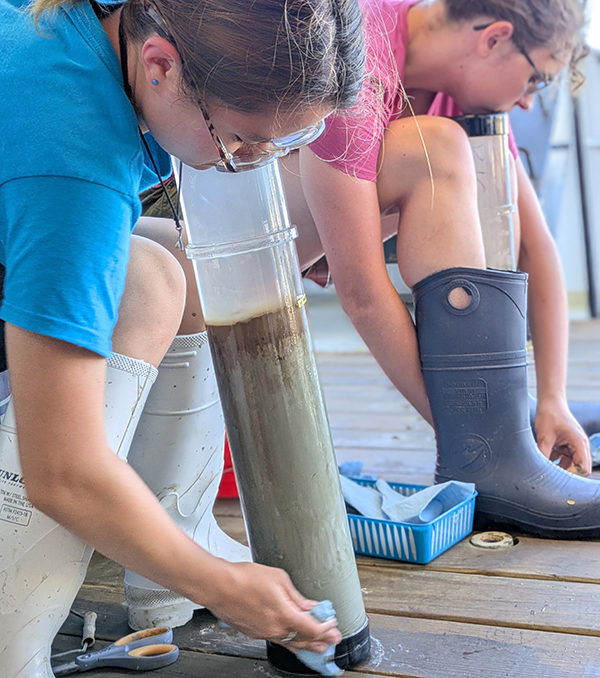













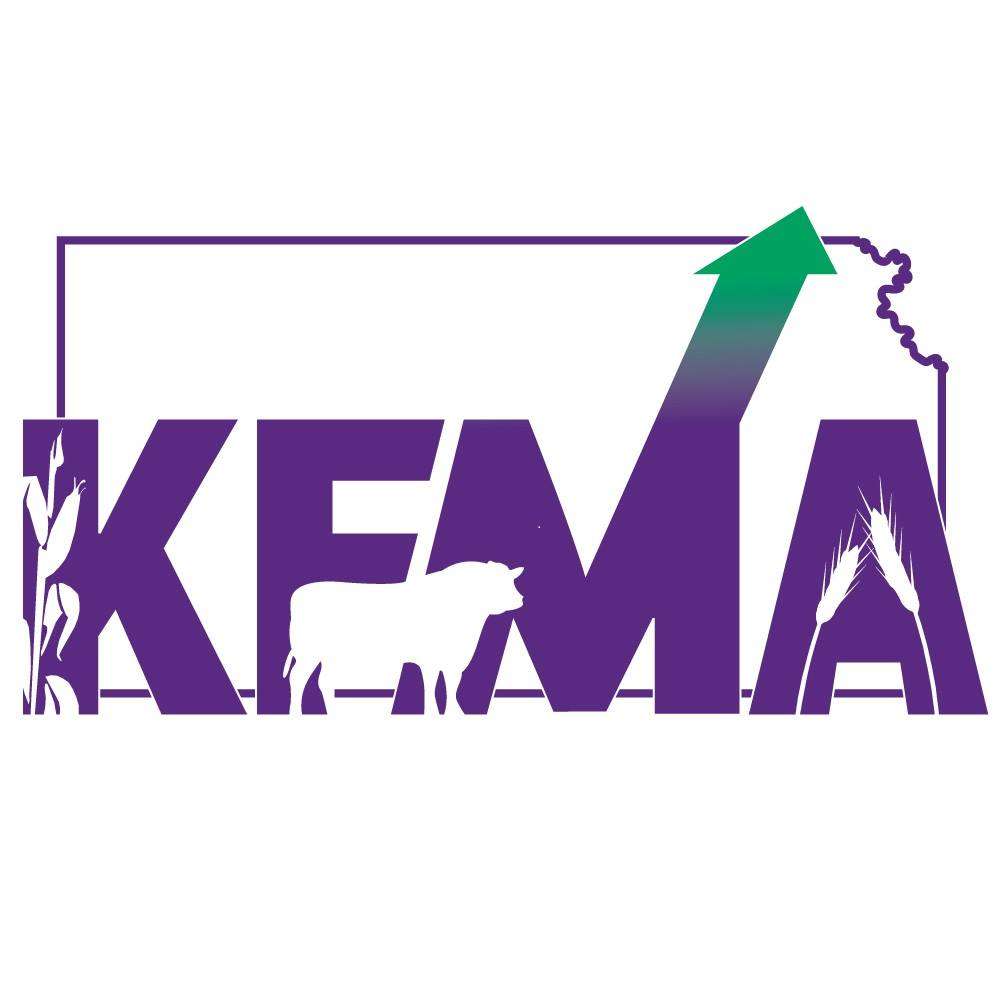








![Governing Health -Compensation Considerations for Health System Innovation Activities [Podcast] – The National Law Review](https://natlawreview.com/sites/default/files/styles/article_image/public/2025-10/Health AI Security Privacy Data Cyber Medical Doctor-309772690.jpg.webp?itok=i51uHMDx#)
_21.jpg?#)


